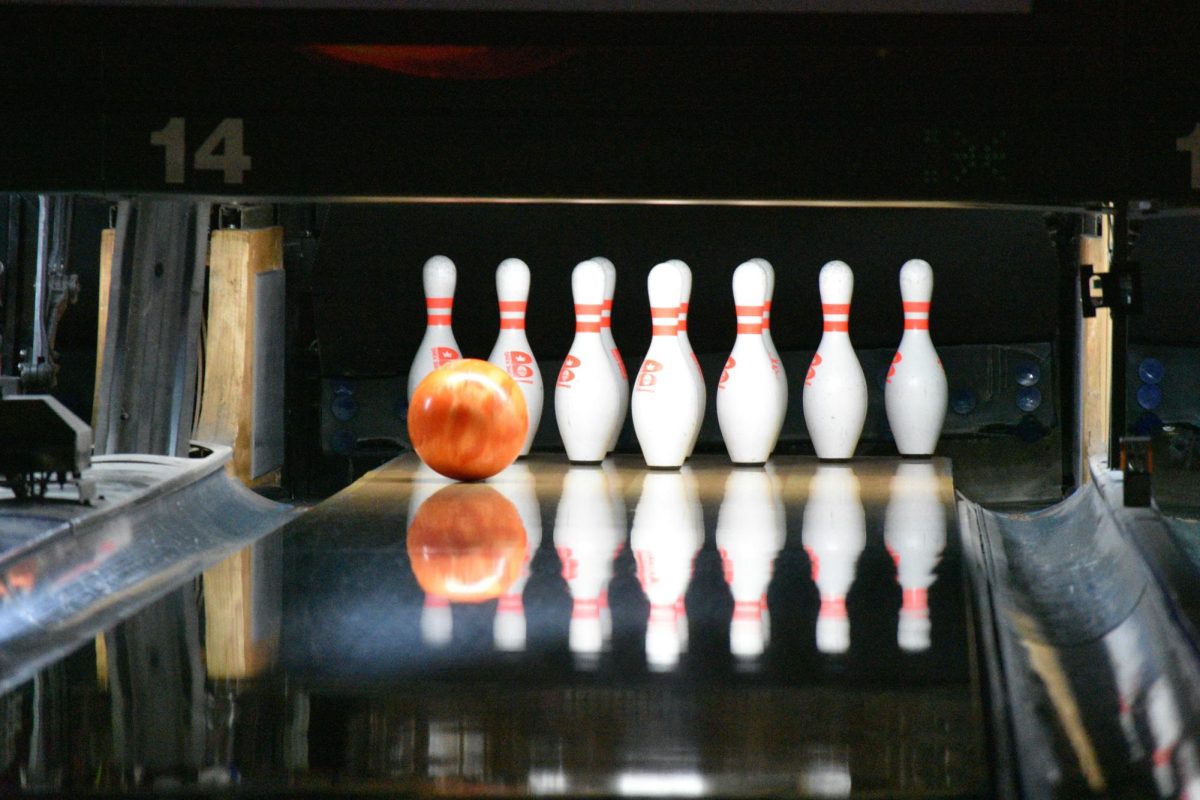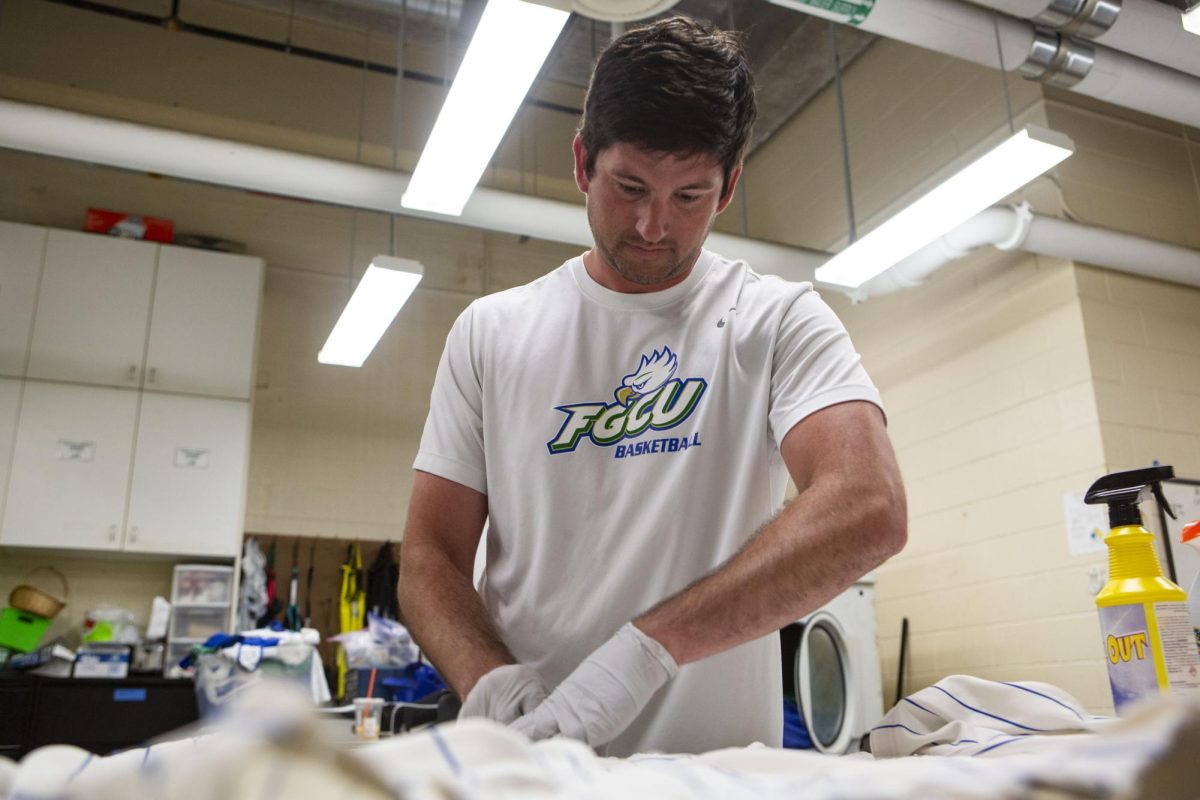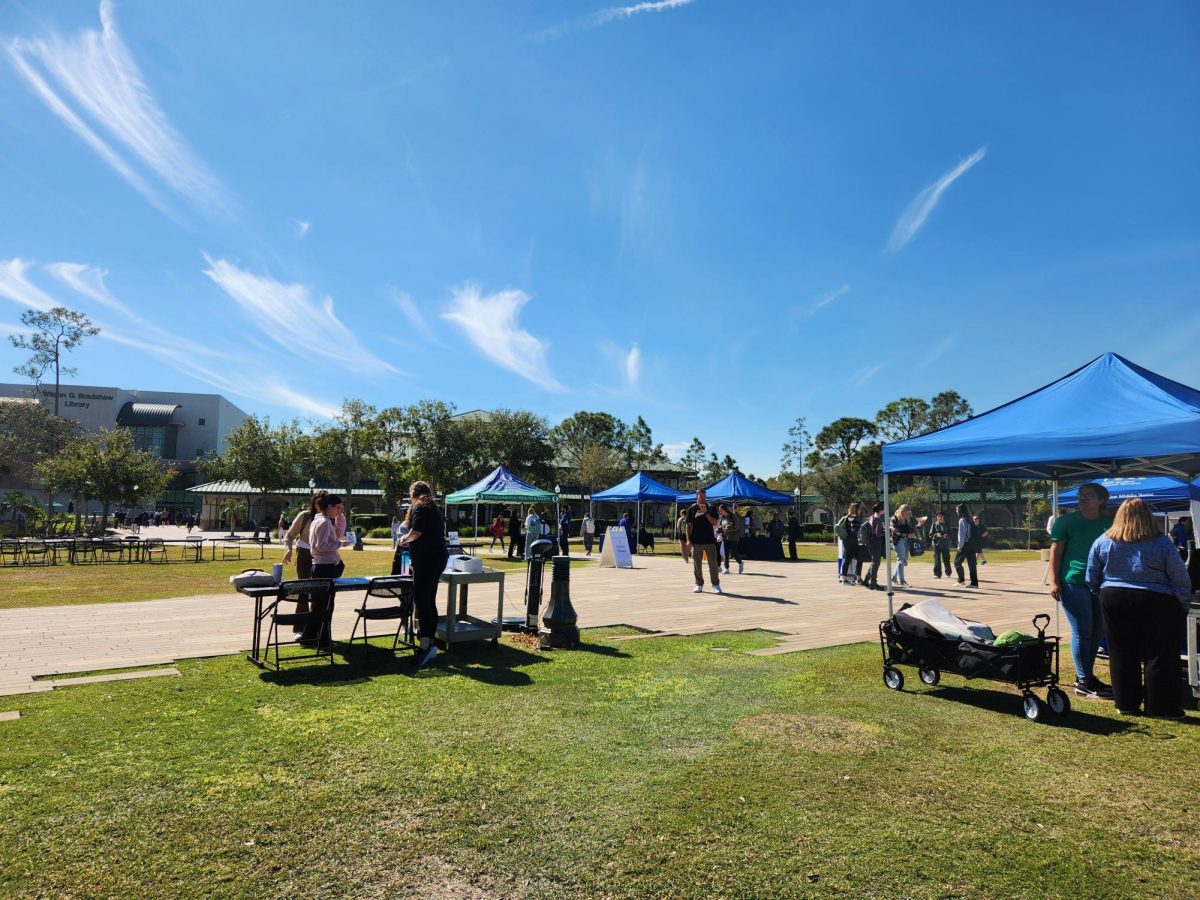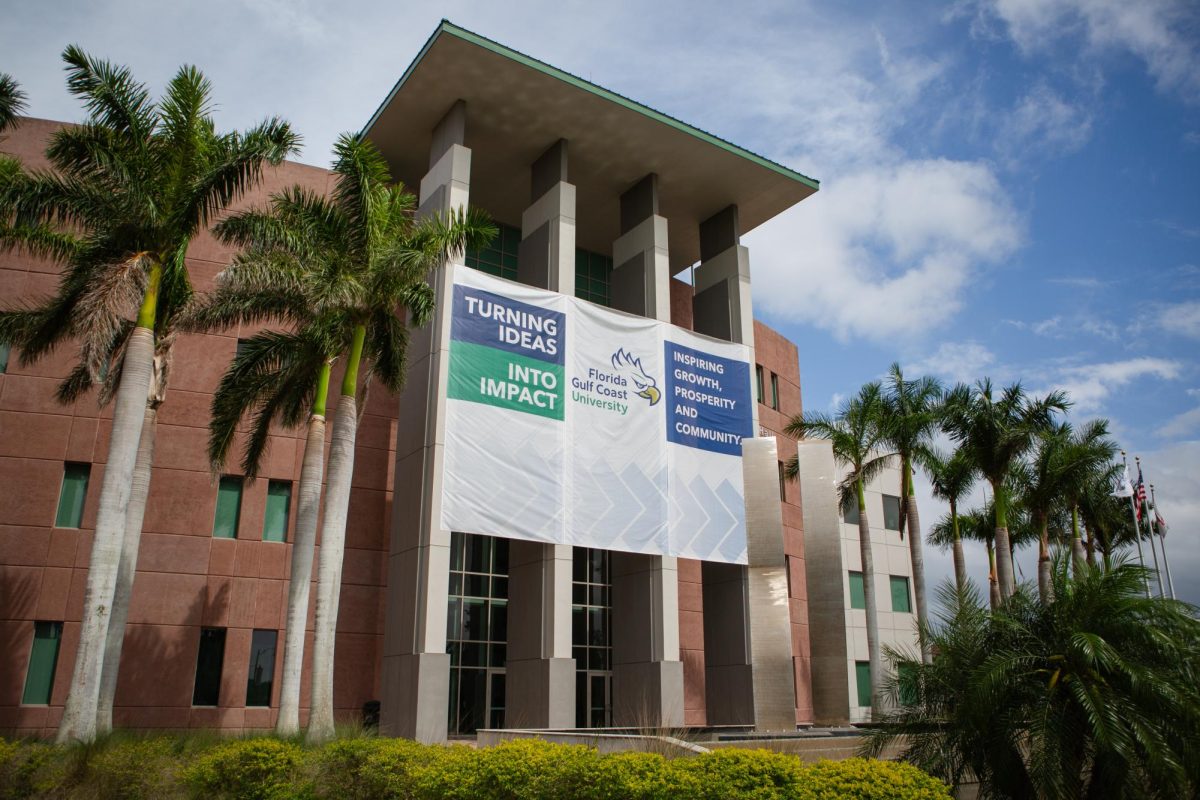So, my friend rented “Robocop” the other week, and despite being a remake, it actually raises some fairly poignant questions about the state of the current world of technology and its consequences, as well as what appears to be an approaching inevitability.
We’re now on the cusp of revolutions in robotics for both prosthetic limbs/organs and military applications. Even right now, legislators and civilians are debating the use of police drones on U.S. soil.
Besides that, human applications like Google Glass and optic implants are becoming more and more common, raising privacy concerns.
Less controversial are breakthroughs in prosthetics that interface with the nervous system and respond to thought (making a real Robocop only a disappointingly long matter of time).
A big theme in “Robocop” is the amount of control in human hands versus machine, and whether or not either end of the spectrum is not acceptable.
The effects of technological integration to everyday life is also a topic discussed in professor (and Eagle News alumni) Jeff Talbott’s University Colloquium class.
“I think it’s making us content with boredom,” Talbott said. “It’s stifling creativity in a lot of the younger generation and robbing us a little of our human strengths, especially in social contexts.”
That’s the double-edged sword of the modern world in a nutshell. We have an unprecedented ability to stay connected, but we further isolate ourselves in virtual worlds, almost as if we put a barrier up between our minds and reality.
I’m certainly guilty of it, myself. I love Facebook because it lets me stay in touch with friends that I haven’t seen in nine years, who are 3,000 miles away, but then I scroll down my newsfeed to waste time and bemoan a bunch of people that irritate me. If only I could only check in every now and then to maintain the uniqueness of each experience.
This is the central conundrum of all technology: It allows us to be without limits, but the human experience is about overcoming those limits. It’s kind of like Sea World. The parks are getting flak for their animal treatment practices, but it’s through visiting those locations that many of us learned an appreciation and became concerned about the state of creatures in captivity.
It is true that some people are not content with simply existing with technology. Men and women lose limbs and use replacements to break past athletic records. The blind receive camera eyes and teach themselves to read an alphabet that is foreign to them.
Truly, these are inspirational individuals. Let’s face it, though: Not all of us are exemplary beings. Hardship builds character, but the point of civilization is that we remove hardship from our lives.
Don’t get me wrong, I like running water and I’m not calling to tear down the capital, but the next time you contemplate using the Snapchat when you’re bored at work, save the picture to share with your friend over a drink.
Our humanity is making technology.
OK, so it was actually me that rented “Robocop,” but the questions posed are the same. Can we trust machine programming? Is human decision-making faulty? Most importantly, would the implementation of technology take more lives than it saves?
In the film, Samuel L. Jackson plays a political pundit who prattles on about “true” America.
In this country, we talk a lot about the “entrepreneurial spirit.” However, there is a greater force than the gumption to start a business, and that is the altruistic spirit.
Altruism is at the heart of every major advancement in technology, even if it isn’t recognized as such. Really, it’s at the heart of Homo sapiens. The reason we create art is to make a connection with others, be it through song, sight or word. Likewise, technology stems from mankind’s own attempts to ease suffering.
So, we may craft machines that destroy the environment, but through this small fraction of mankind’s existence, we saved countless lives by fueling mass production, hospitals and transportation. And now that we know the harmful implications of fossil fuels, we are developing replacements, such as wind, solar and even microbial power.
That’s really the point of all science: to figure out what works or doesn’t, learn and improve. In machines and life.
Joel Morris is a senior majoring in marketing. He lifts, runs, has an unusual love for Batman and is occasionally funny.



































